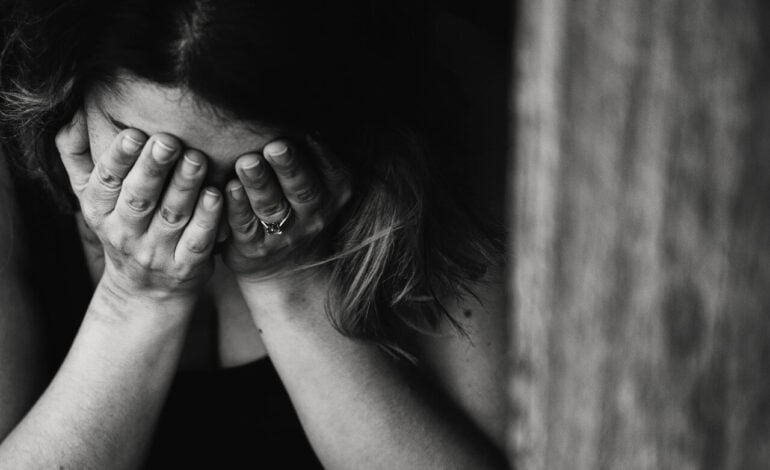Sadness vs. Depression: Can You Tell the Difference? How often do we hear the term “depression” thrown around lightly?
Work today was the worst. I’m really depressed.
Another date with no real connection. It’s so depressing.
If I don’t get to take this long weekend, I’ll be so depressed!
It’s possible to be sad and depressed. But often we use “sadness” and “depression” interchangeably. Sadness is an emotion. Sadness is also a symptom of depression.
But because we associate the two, we can sometimes struggle to differentiate between sadness and depression, which are different psychological states.
What is Sadness?
Sadness is a normal emotion that is triggered by a specific adverse event or bad experience. We become sad about something specific.
This emotional state dissipates after some time or after something good replaces the hurtful event that triggered the initial sadness.
Sadness is temporary. We made feel sad for a moment, an hour, or even a couple of days. Everyone will experience sadness in their lifetime.
We can often find some relief from our sadness by crying, venting, or talking about our situation.
What is Depression?
Depression is a mental health disorder. It affects how we think and feel about everything.
Depression leaks into every aspect of our life, and when we are depressed, we feel numb or sad about everything.
Everything in our life is less enjoyable, less interesting, and less important. The things we once loved and were passionate about no longer bring us meaning or purpose.
Depression, unlike sadness, does not have to have a specific underlying trigger. We are often depressed for no reason.
And on the surface, it may seem like everything is going well: a great job, a loving family, a beautiful home.
There’s a common misconception that you can just “snap out” of depression. But depression is not a choice or a state of mind—it’s an illness.
Signs and Symptoms of Depression
To be formally diagnosed with major depressive disorder (MDD) an individual must experience a depressed mood or loss of interest or pleasure in almost all activities for at least two weeks as well as at least five of the following:
Change in sleep: Either difficulty falling asleep or sleeping too much
A decrease in energy or feelings of fatigue daily
Change in appetite or weight: Gaining weight, losing weight, overeating, or eating much less
Feelings of guilt or worthlessness
Difficulty concentrating
Slow physical movements or unintentional purposeless movements that are noticeable by others
Recurrent thoughts of suicide
Sadness is just one symptom of depression.
Treating Sadness Versus Treating Depression
Sadness can be overcome with time. You can express your emotions, cry, go out with friends, or spend time outdoors.
Expressing sadness over the loss of a loved one will take time, but you can still find happiness in other aspects of your life.
Depression is best treated with a combination of medications and psychotherapy. The most common medications used to treat depression are selective serotonin reuptake inhibitors (SSRIs).
All medications, including SSRIs, come with possible side effects, so it’s important to have a conversation with your doctor before starting treatment.
Cognitive Behavioral Therapy (CBT) is the mainstay psychotherapy approach in treating depression.
Treatment for depression does not happen overnight. It’s a process and can take time and different treatment approaches.
Power Over Depression
If you or a loved one are struggling with severe depression, AKUA provides multiple levels of care.
From detox for those struggling with co-occurring addiction, to residential treatment, to intensive outpatient programs, we can tailor a plan to meet your needs.
Call our admissions counselors to explore your options: 1-888-258-2669
24/7 ADMISSION HELPLINE 888-629-6707




